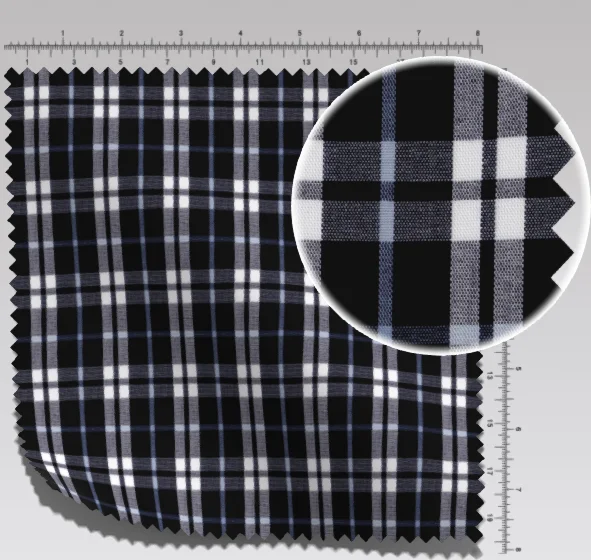Tailored vs. Bespoke: A Detailed Comparison in the Realm of Customization
2 min read
In the world of fashion and beyond, the terms 'tailored' and 'bespoke' are often used interchangeably. However, they represent two distinct concepts in the realm of customization. This article aims to delve into the nuances of these terms, highlighting their differences and implications in various industries.
The term 'tailored' is derived from the word 'tailor', a professional who alters or creates clothing to fit an individual. Tailored items, whether they are suits, software solutions, or services, are typically adjusted or modified versions of pre-existing, standard designs. They offer a degree of personalization, allowing customers to choose from a range of options to meet their specific needs.
On the other hand, 'bespoke' is a term that originated in the traditional Savile Row tailoring industry in London. It refers to items that are custom-made from scratch, with the design process starting only after a client's specifications are received. Bespoke items, therefore, offer a higher degree of customization than tailored ones. They are unique to each customer, reflecting their individual preferences and requirements in every detail.
In the fashion industry, a tailored suit is usually made from a pre-existing pattern, which is then adjusted to fit the customer. The customer can choose the fabric and make minor modifications to the design, but the basic structure of the suit remains the same. In contrast, a bespoke suit is designed and made entirely for the customer. The tailor takes multiple measurements, discusses design preferences, and creates a unique pattern for the suit. The customer has the freedom to specify every detail, from the fabric and lining to the buttons and stitching.
In the software industry, tailored solutions refer to off-the-shelf software that has been modified to meet the specific needs of a business. These solutions offer flexibility and are usually quicker to implement than bespoke solutions. Bespoke software, on the other hand, is built from scratch, based on the unique requirements of a business. It offers a higher degree of customization and integration capabilities, but it also requires more time and resources to develop.
In the service industry, tailored services are those that are adapted from standard offerings to better suit the needs of a customer. They offer a balance between customization and efficiency. Bespoke services, however, are designed and delivered based on the unique requirements of each customer. They offer a high level of personalization but may require more time and resources to deliver.
In conclusion, while both tailored and bespoke items offer a degree of customization, the level of personalization and the process involved in their creation differ significantly. Tailored items offer flexibility and efficiency, making them suitable for customers who require a certain degree of customization quickly and efficiently. Bespoke items, on the other hand, offer a high degree of personalization and uniqueness, making them ideal for customers who value individuality and are willing to invest more time and resources in the creation process.



